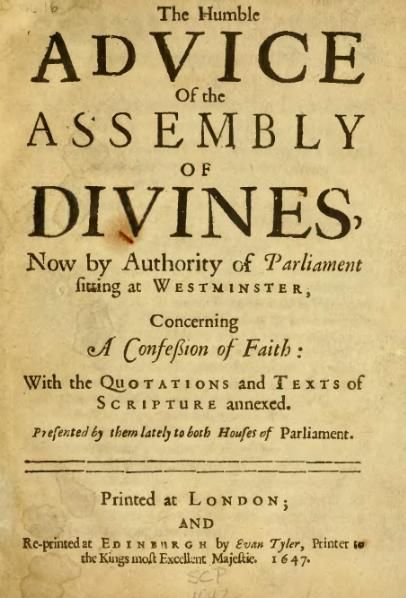DrJamesAch
New Member
I believe the contention of election among Calvinists and Non Calvinists is the failure to understand what election is and what it is not, and the differences in the different "elects" through out the Bible: Sorry for the teaser but I'm saving that explanation for another thread on Romans 9-11.
Israel was God's elect. "For Jacob my servant's sake, and Israel mine elect, I have even called thee by thy name: I have surnamed thee, though thou hast not known me." Isaiah 45:4. When Jesus came His audience were the JEWS.
"I am not sent but unto the lost sheep of the house of Israel" Matthew 15:24.
So up to this point, the "elect" were still the nation of Israel. So far so good.
However, when Jesus made this statement, it was in context of a woman from Canaan who was begging him deliver her daughter from a devil.
"Then Jesus went thence, and departed into the coasts of Tyre and Sidon. And, behold, a woman of Canaan came out of the same coasts, and cried unto him, saying, Have mercy on me, O Lord, thou Son of David; my daughter is grievously vexed with a devil. But he answered her not a word. And his disciples came and besought him, saying, Send her away; for she crieth after us.But he answered and said, I am not sent but unto the lost sheep of the house of Israel. Then came she and worshipped him, saying, Lord, help me. But he answered and said, It is not meet to take the children's bread, and to cast it to dogs. And she said, Truth, Lord: yet the dogs eat of the crumbs which fall from their masters' table. Then Jesus answered and said unto her, O woman, great is thy faith: be it unto thee even as thou wilt. And her daughter was made whole from that very hour." Matthew 15:21-27.
Three things to notice about this story that is a solid refutation against the Calvinist foundation of total depravity, free will, and election.
1. This woman was NOT ELECT. She was saved because her faith in Christ and her daughter was healed. BUT SHE WAS NOT ELECT.
2. This woman SOUGHT CHRIST, and yet she was not elect. She was not "given repentance" or "given faith". She was an unconverted Canaanite that was outside of the election of Israel, and yet in her unconverted state, she sought Christ out.
3. When Jesus commended her faith, He said "woman great is they faith, be it unto thee even as THOU WILT.
This is a clear example that demonstrates that a person can be dead in sin and seek Christ, be non "elect", and be saved, and do so of her own free will.
Israel was God's elect. "For Jacob my servant's sake, and Israel mine elect, I have even called thee by thy name: I have surnamed thee, though thou hast not known me." Isaiah 45:4. When Jesus came His audience were the JEWS.
"I am not sent but unto the lost sheep of the house of Israel" Matthew 15:24.
So up to this point, the "elect" were still the nation of Israel. So far so good.
However, when Jesus made this statement, it was in context of a woman from Canaan who was begging him deliver her daughter from a devil.
"Then Jesus went thence, and departed into the coasts of Tyre and Sidon. And, behold, a woman of Canaan came out of the same coasts, and cried unto him, saying, Have mercy on me, O Lord, thou Son of David; my daughter is grievously vexed with a devil. But he answered her not a word. And his disciples came and besought him, saying, Send her away; for she crieth after us.But he answered and said, I am not sent but unto the lost sheep of the house of Israel. Then came she and worshipped him, saying, Lord, help me. But he answered and said, It is not meet to take the children's bread, and to cast it to dogs. And she said, Truth, Lord: yet the dogs eat of the crumbs which fall from their masters' table. Then Jesus answered and said unto her, O woman, great is thy faith: be it unto thee even as thou wilt. And her daughter was made whole from that very hour." Matthew 15:21-27.
Three things to notice about this story that is a solid refutation against the Calvinist foundation of total depravity, free will, and election.
1. This woman was NOT ELECT. She was saved because her faith in Christ and her daughter was healed. BUT SHE WAS NOT ELECT.
2. This woman SOUGHT CHRIST, and yet she was not elect. She was not "given repentance" or "given faith". She was an unconverted Canaanite that was outside of the election of Israel, and yet in her unconverted state, she sought Christ out.
3. When Jesus commended her faith, He said "woman great is they faith, be it unto thee even as THOU WILT.
This is a clear example that demonstrates that a person can be dead in sin and seek Christ, be non "elect", and be saved, and do so of her own free will.
Last edited by a moderator:

